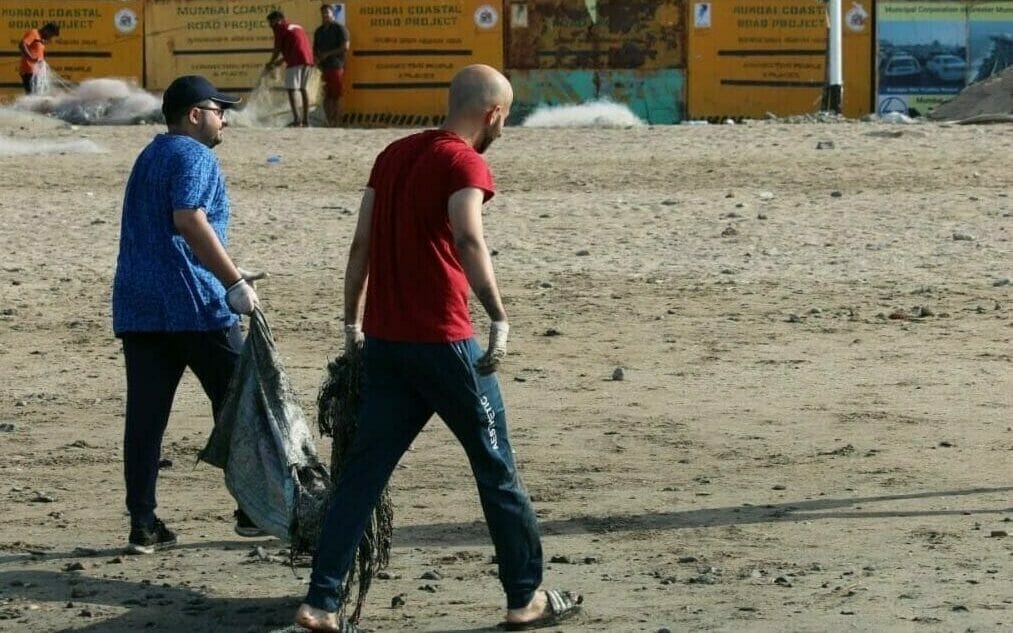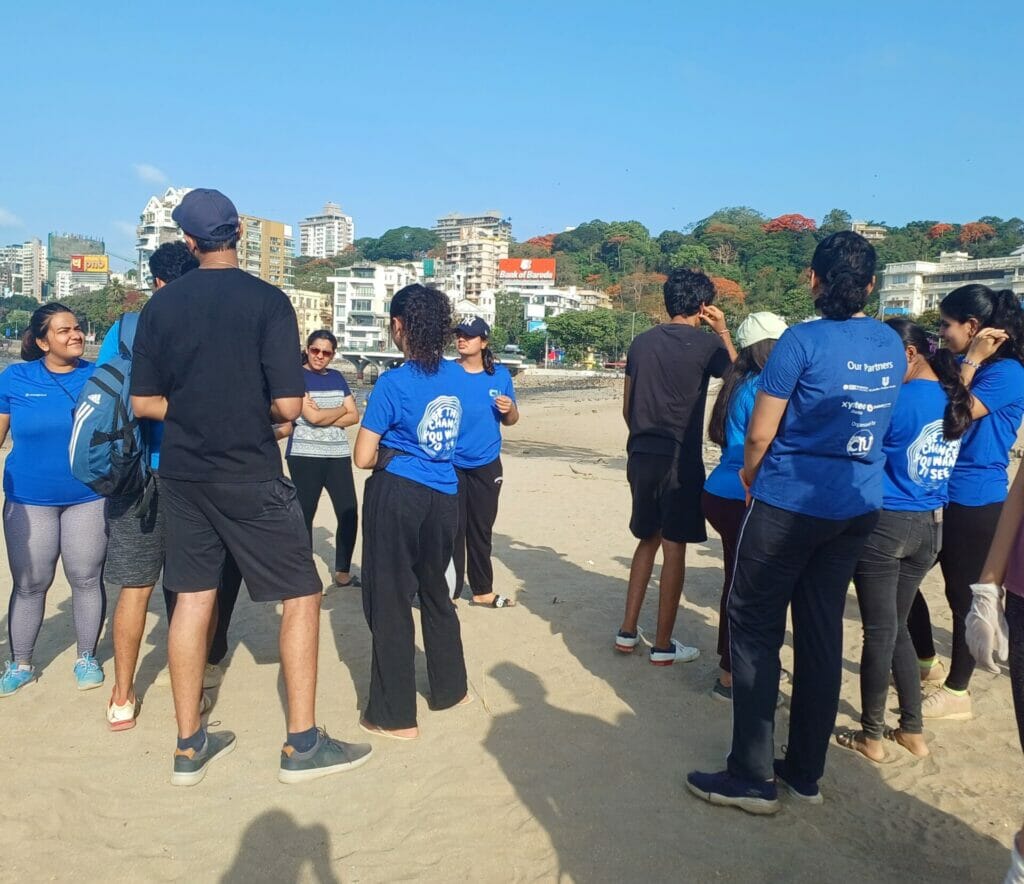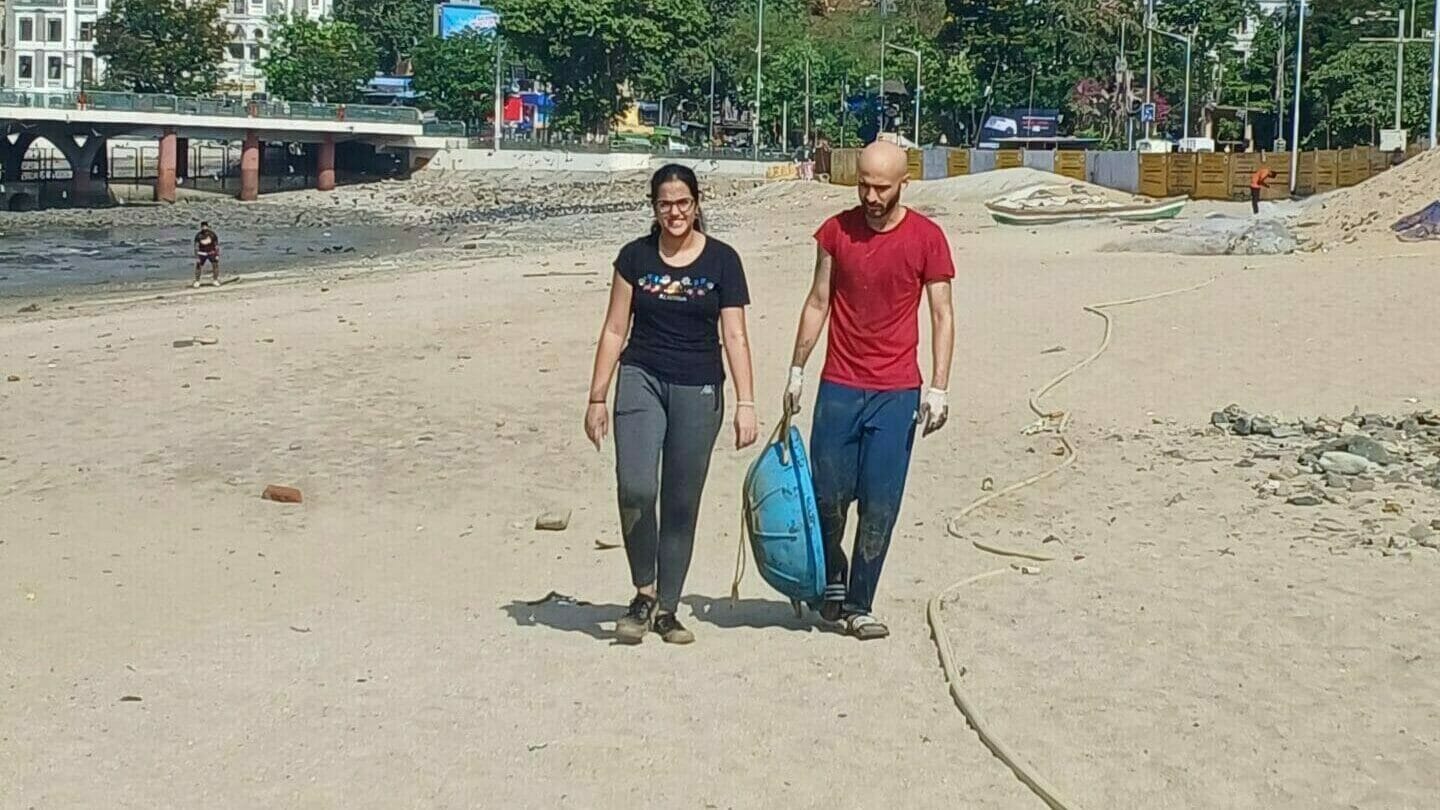For years, the environment and earth have slowly been decaying, slipping away from our grasp little by little. A few noticed, and many didn’t.
The global surface temperature has been measured since 1880 at a network of ground-based and ocean-based sites. Over the last century, the Earth’s average surface temperature has risen by about 1⁰C. The eleven warmest years this century have all occurred since 1980, with 2016 being the warmest on record.
Coastal regions are getting warmer in summers and colder in winters as the years pass. The average temperature margin between summers and winters is increasing everywhere. Hundreds of people are getting sick due to the sudden weather change brought about by global warming. Several species are going extinct daily.
Controlling environmental damage
We may find climate change overwhelming. We may feel that we can’t really do anything to prevent it. Well, we believe that’s not true. The challenges to human life due to environmental damage are undeniable, but there are solutions to pave the way for a sustainable future. Change starts when you are willing to take the initial step and do something.

Transitioning to renewable energy sources, implementing sustainable agricultural practices, conserving forests, promoting sustainable transportation, and adopting responsible waste management are just a few examples of the transformative actions. You can start reducing your carbon footprint by conserving energy and using public transportation or cycling. Practice sustainable waste management, and spread awareness about the importance of taking action. Our clean-up drive is one such initiative.
Engaging today’s youth for a better tomorrow
In Mumbai, out of more than 200 million people, only 80,000 BMC workers work all across the city to keep it clean. This is not enough and citizens need to come forward to take care of the environment. Citizens should do something about the matters that surround them, as small changes are extremely impactful. For instance, refusing to use a plastic straw can make a huge difference to the environment, no matter how negligible it may seem.
While there have been initiatives from the BMC such as the Mumbai Climate Action Plan (MCAP) for safeguarding the environment, citizen contribution to help the government is extremely important. Citizens should understand that the government can’t reach everyone, and they need to take responsibility to do their bit for the environment.

The clean-up drive at Girgaum Chowpatty beach led by Change Is Us (CIU) happens every Sunday morning. Along with volunteers, we clean the wet parts of the beach by collecting wet waste, and disposing it in the baskets. The BMC provides us with the required equipment for the clean-ups. Most government initiatives worldwide, including local ones, focus on cleaning the dry parts of the beach. However, the wet parts are left as they are, which has prompted our team to take initiative for the beach clean-ups. We aim to create more awareness through our actions, as coral and marine reefs are endangered by the waste that surrounds our beaches.
Read More: How the Mumbai Climate Action Plan can be made better
Change Is Us (CIU)
Change Is Us (CIU) is a dynamic youth-led initiative co-founded by Akshat Shah and Shubh Mehta. The journey began in 2019. It has played a pivotal role in diverting 375+ tonnes of waste from the ocean front, with the help of more than 13,500 volunteers, over 148 weeks of clean up drives. It works towards spreading environmental and social awareness. With a team of 80+ members, CIU is building the blocks for a sustainable future.
CIU realised that recycling is an essential aspect of sustainable living, and it goes beyond just separating your waste into different bins. To recognise the importance of recycling as a resource and not waste, Change Is Us, along with Inner Wheel Club of Bombay, Pier Tiara, and Waste No More, collaborated to create a PET Bottle Fish displayed at various places in Mumbai. This initiative came to light on World Recycling Day, celebrated on March 18 every year, highlighting the need to protect our natural resources and secure our future on this planet.

Read More: Live on Instagram: Hear Mumbai’s young environmentalists on eco-friendly festivities
Participation of citizens
It will help if you are mindful of your consumption and its impact on the world around you. Being conscious of your actions and consumption, i.e. conscious consumerism is the way to combat damage by fast food and fast fashion. You need to ask yourselves if you really need something, or is it just because it’s trendy or is convenient for you.

Taking effort and showing up for clean-up drives requires empathy towards the environment. Youth engagement with the environment is crucial for the future, as India is the youngest country in the world. If young people do not take action, then the places we live in would be inhabitable. We need to work as much as possible with youth leadership as it is about representation and the problems we face. Since younger people are represented by older people, the mindset doesn’t always align in terms of initiative and action.
Empathy for not just the environment but plants, animals and society is something that the youth should engage themselves in. Last but not least, join us at our weekly beach clean-ups. Environment day is not just one day of the year but every day of the year for us. Change always begins small, but every weekend you choose to wake up early and pick up trash from the beach, humanity is one step closer to a better future.
Change Is Us Website: https://changeisus.in/
Change Is Us on Instagram: https://www.instagram.com/change.is.us/?hl=en
(Writing assistance provided by Pooja Bhatia)